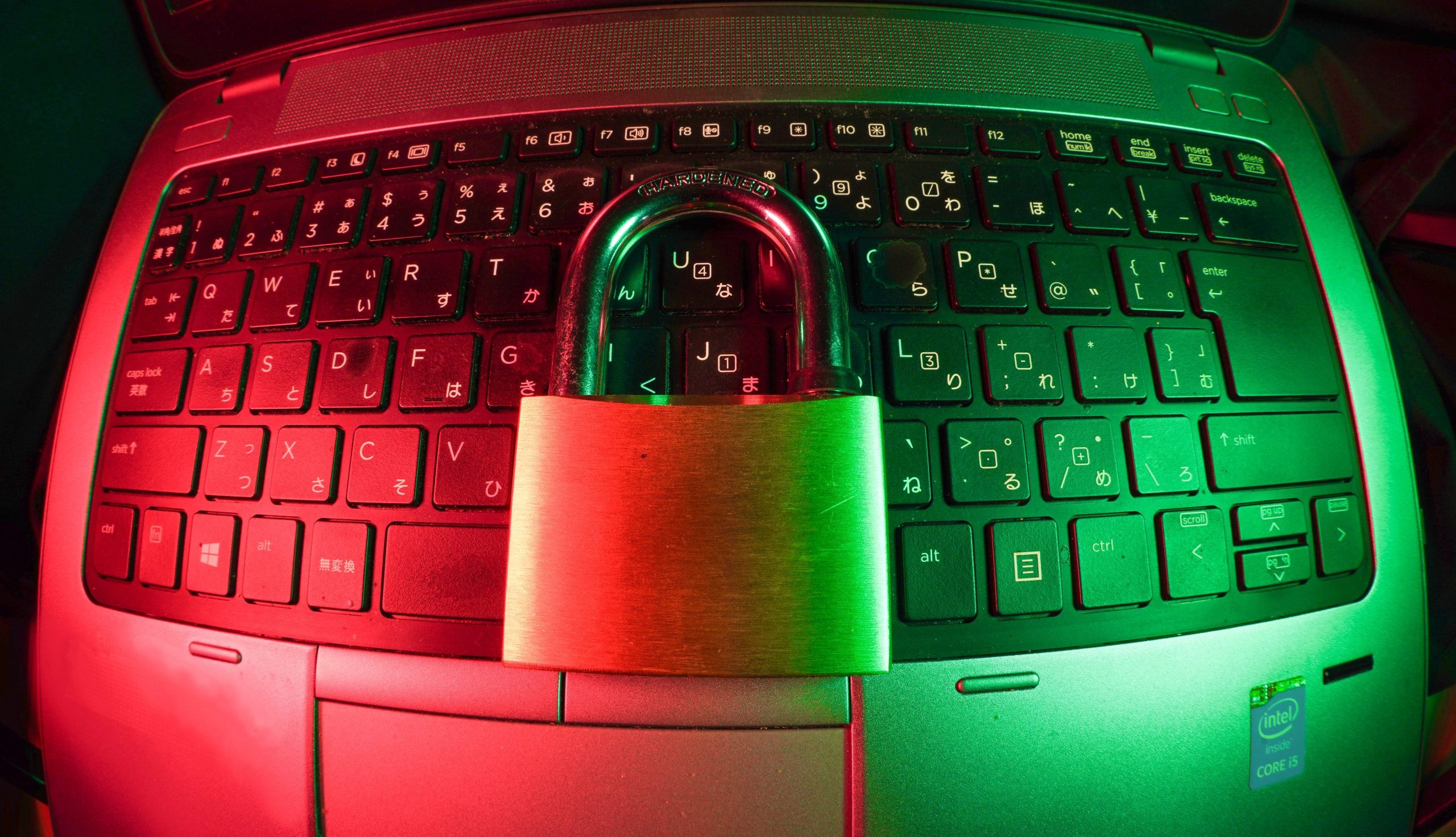Cybercriminals have become so insidious and skilled that it can take only one click on a dangerous link to lose months of work. This should particularly concern content creators who almost live online. It’s a given that they will encounter some of the major cyber threats.
Even IT and cybersecurity specialists can be hacked. Last year, the IT community was shocked when hackers managed to take down a tech tips YouTube channel with over 15 million followers. This only proves that no one is 100% protected.
So, what are the main dangers to content creators? Here’s a rundown of the biggest online threats and practical tips to prevent criminals from damaging your personal life and career.

Identify Social Engineering Attacks
The Linus Tech Tips channel’s case was a prime example of a successful social engineering attack. Social engineering techniques fool people into revealing sensitive information through seemingly innocent mistakes. Most of the time, it only takes clicking on an unsafe link or downloading a malicious file. Hackers often target creators, hoping they make a careless mistake.
The most common social engineering attack is phishing. Hackers impersonate someone familiar to infect the victim’s device with malware or steal sensitive information. Since creators usually have a considerable digital presence, especially on social media, their contact details are out there. It makes them a prime target for phishing and spam emails.
To protect yourself, you should set mail spam filters to ‘high’ and never click on suspicious links or downloads. In addition, scan files before you download any attachments. An advanced VPN feature can identify links that lead to spoofed or otherwise unsafe websites before you click on them.
Prevent Malware and Ransomware Attacks
Cybercriminals who discover your IP address can infect your devices with malware, including your router and IoT devices. That’s why you need to bolster your network security.
Content creators often work in public spaces and use convenient free third-party Wi-Fi connections. That’s where they face one of the most common cyber attacks. One of the most frequent is the Man-in-the-Middle (MITM) attack when the bad actor intercepts your internet communication. In the Linus Tech Tips case, an attacker stole browsers’ cookies, which gave them access to passwords. They can also give access to credit card numbers, and other sensitive data about your browser’s session. Session hijacking is when they use the stolen cookie to log in to your account.
MITM attacks are one of the reasons why you should never use public Wi-Fi without the protection of a VPN. A VPN replaces your IP address with the VPN server’s address. It also encrypts data that flows between your device and the intended internet destination. VPNs prevent snoopers on the same Wi-Fi network from intercepting your online activities. In other words, hackers can’t insert themselves into the circuit to cause havoc.
Keeping Account Login Credentials Secure for Dozens of Platforms and Tools Secure
Keeping account login credentials secure for dozens of platforms and tools is a critical concern for digital content creators, who often use multiple online tools and platforms. Cyber security companies emphasize the importance of securing these accounts, as they often contain sensitive data and intellectual property. If an unauthorized person gains access, the damage could be significant.
Research shows that most account breaches occur because people use weak passwords. An AI tool can crack a typical password with seven characters (including numbers, symbols, and uppercase and lowercase characters) in six minutes. Clearly, securing your accounts is critical. Use a password manager to create long, strong passwords and enable MFA.
Deal With File Sharing and Cloud Storage Risks
Creators commonly use cloud storage and link sharing to get their work from point A to B. But file-sharing can bring significant risks. If a data breach causes designs and concepts to leak prematurely, competitors may gain an edge.
Connect to a VPN before you connect to cloud storage. When you upload or download files, data travels via a secure, encrypted channel. It can’t be intercepted and altered along the way. Alternatively, use a specialized encrypted file transfer service.
Improve Device Security
Creators often use multiple devices, such as laptops, desktops, and smartphones. It’s important to secure each one with antivirus and VPN and prevent unauthorized use with passcodes or biometric authentication. This will prevent casual passers-by from sneaking a look at your private communications.
Additional Benefits of Using a VPN
Apart from improved security, there are other reasons to add a VPN to the digital content creator toolkit.
Content creators are always looking to gain an edge over the competition. A VPN hides your online identity while you research competitors. You can closely follow others without getting blocked. Use a VPN to change your IP address frequently so they can’t recognize and block your IP address.
Also, it’s crucial to tailor your content to your intended target audience. For instance, you might live in the US, but your client lives in Germany. There may be vast differences in content preferences between these locations. A VPN allows you to localize your search and understand what people in Germany like.

Take a Few Small Steps Before Disaster Strikes
Digital content creators face many cybersecurity challenges threatening their intellectual property and careers. However, following our tips can significantly reduce the risks of falling victim to cyberattacks. A VPN is an essential tool for creators, as it secures their online activities and allows them to stay ahead of the competition. Also, use strong passwords and remain vigilant against phishing and malware attacks to keep your digital creations safe and secure.
